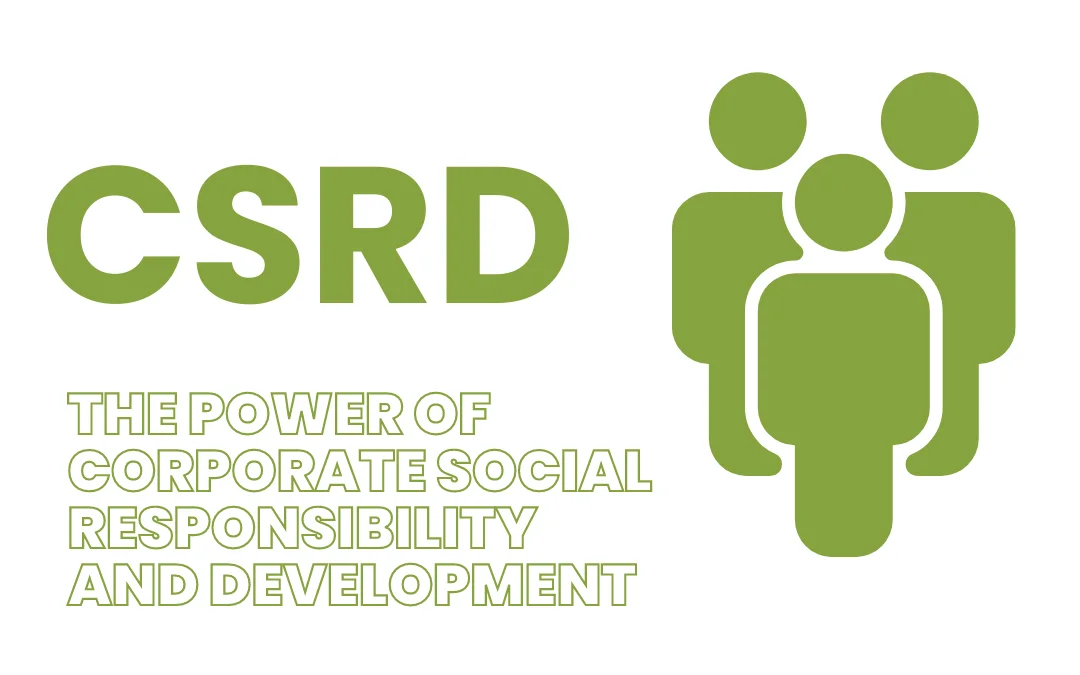In today’s interconnected world, companies are increasingly recognizing the importance of Corporate Social Responsibility and Development (CSRD) in shaping their long-term success.. It is essentially about integrating responsible practices into the core of business operations. Not only will this have a positive social and environmental impact, but it will also improve brand reputation, strengthen stakeholder relationships, and, related to this, likely gain an economic advantage.
In this context, the following issues are important:
- Environmental responsibility: by reducing carbon emissions, implementing environmentally friendly technologies and applying circular economy principles, organizations can minimize their environmental footprint. Such initiatives not only help protect the environment, but also attract environmentally conscious customers and investors.
- Social responsibility: CSRD places great emphasis on social inclusion, diversity, and employee well-being. By promoting equal opportunities, supporting education and creating safe and inclusive workplaces, companies contribute to the positive development of society and foster a motivated and committed workforce. Socially responsible companies also attract top talent and strengthen customer loyalty.
- Ethical business practices: Fairness, transparency and accountability build trust with stakeholders and establish companies as ethical leaders in their industry.
- Creating shared value: By integrating CSRD into their business strategy, companies can tap into new opportunities, create sustainable products and services, and thus gain competitive advantages.
Implementation requires a comprehensive approach that starts at the executive level and permeates throughout the company.
Corporate responsibility and development is not only a moral obligation, but also a strategic choice for companies. By integrating practices, companies can enhance their reputation; attract customers, investors and top talent; and drive sustainable growth.
